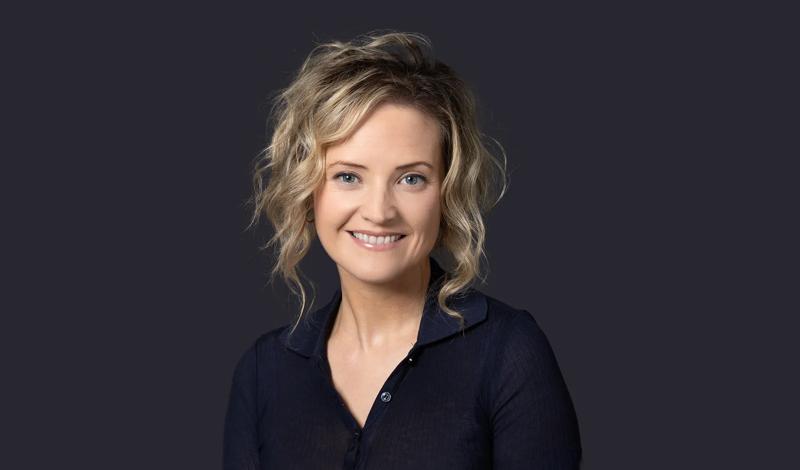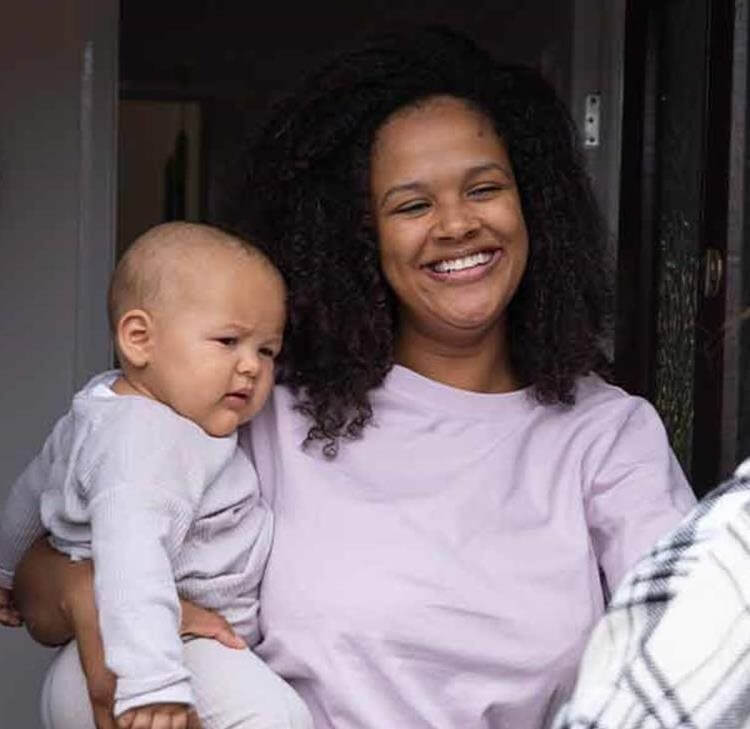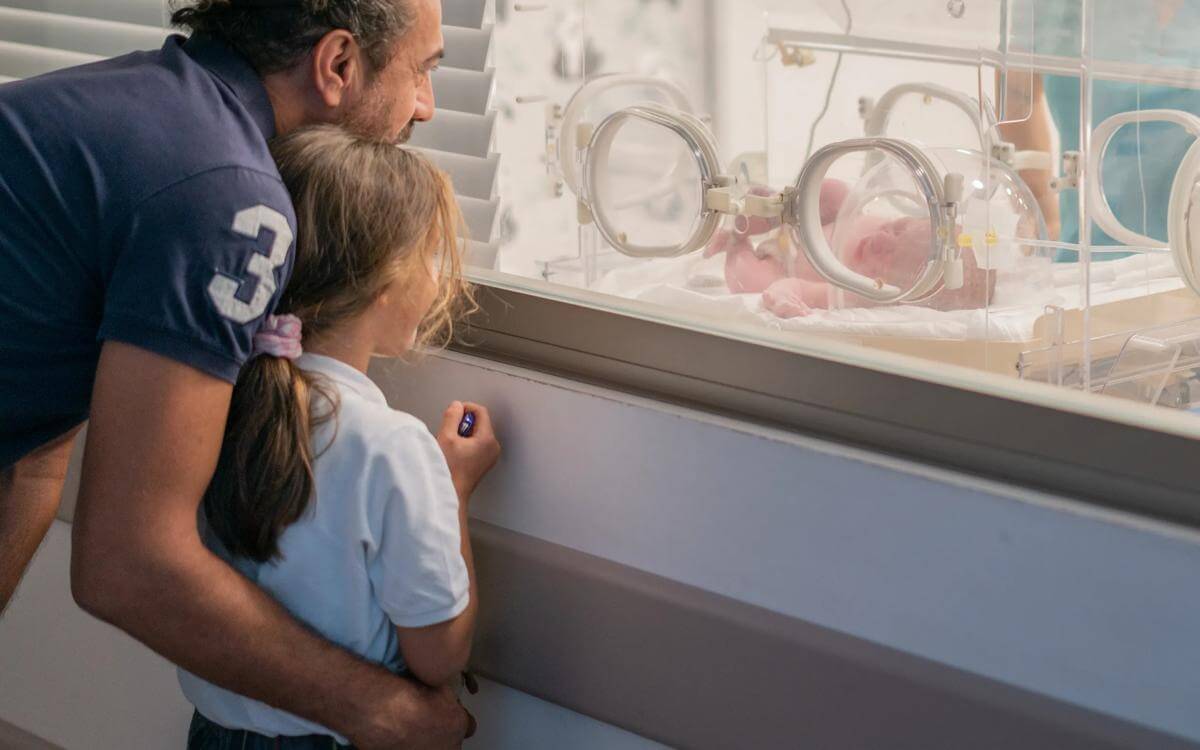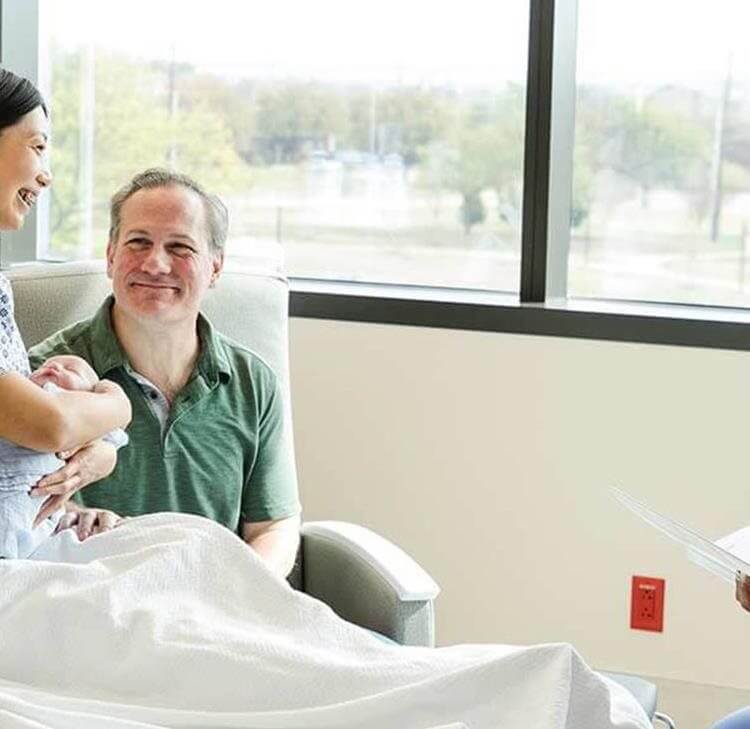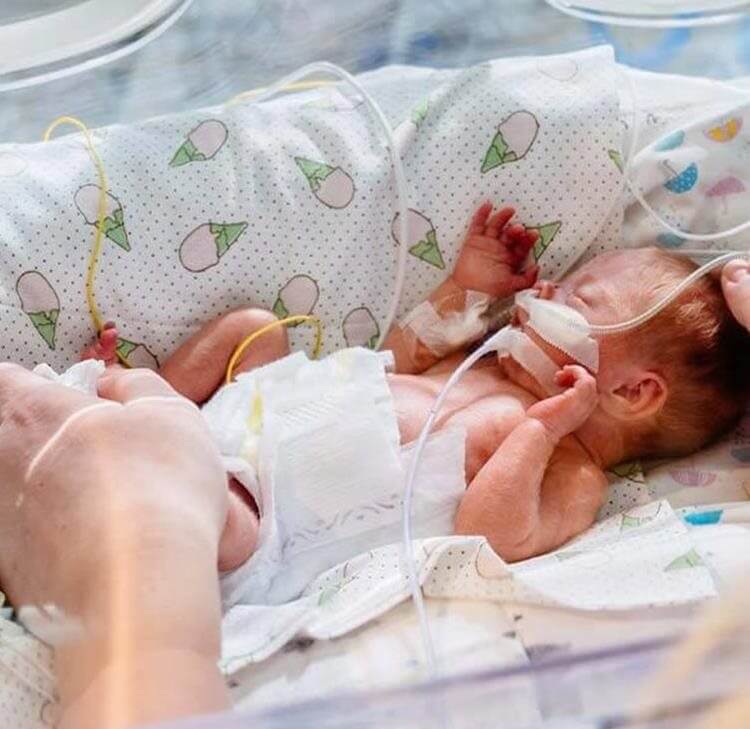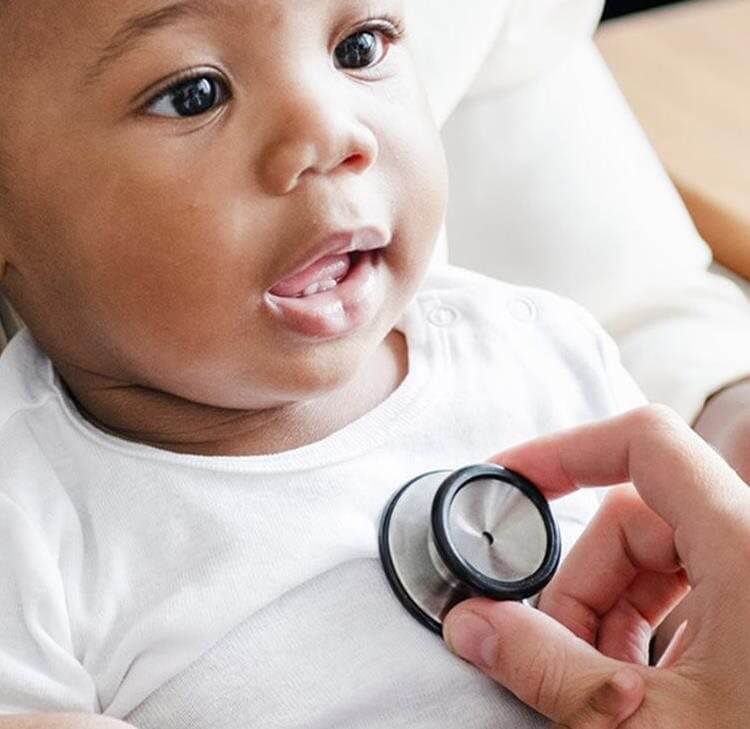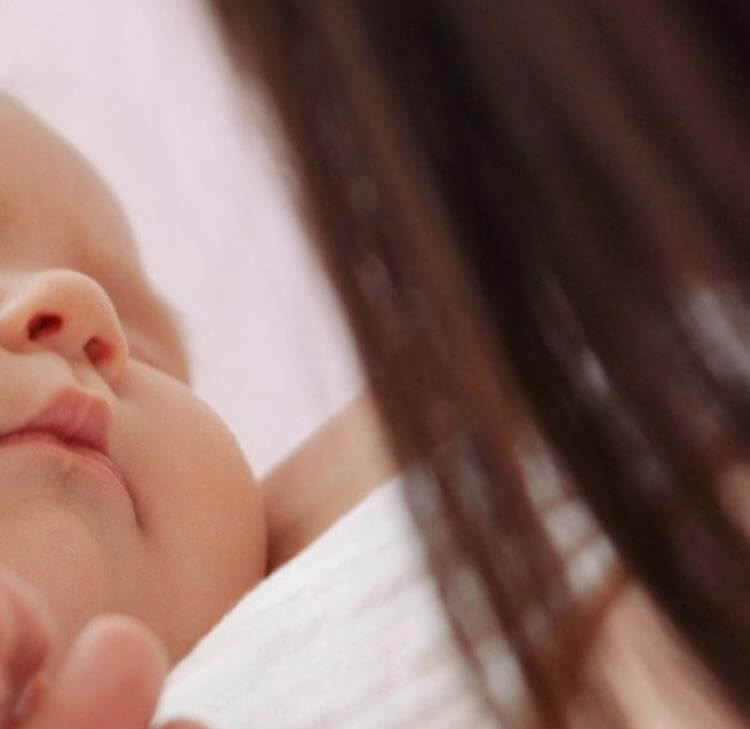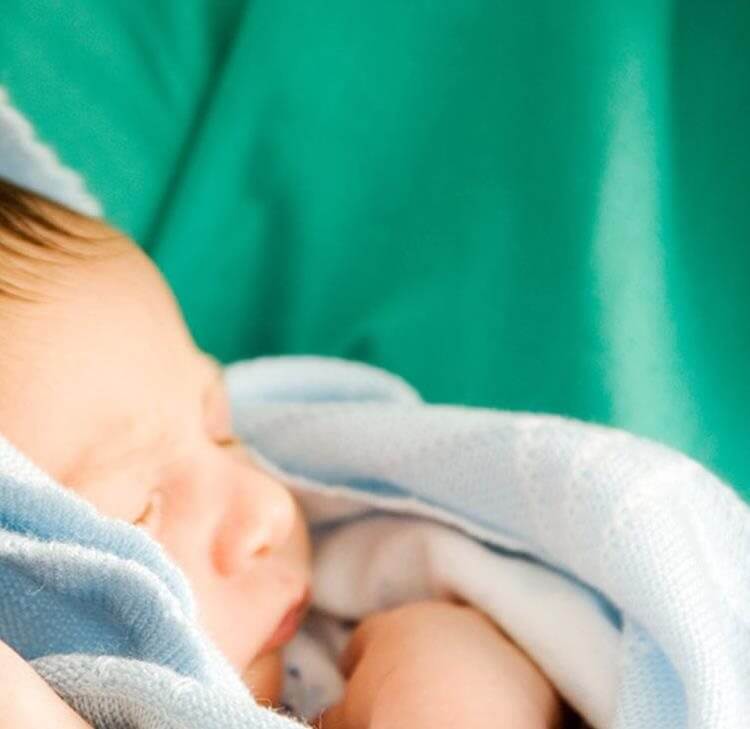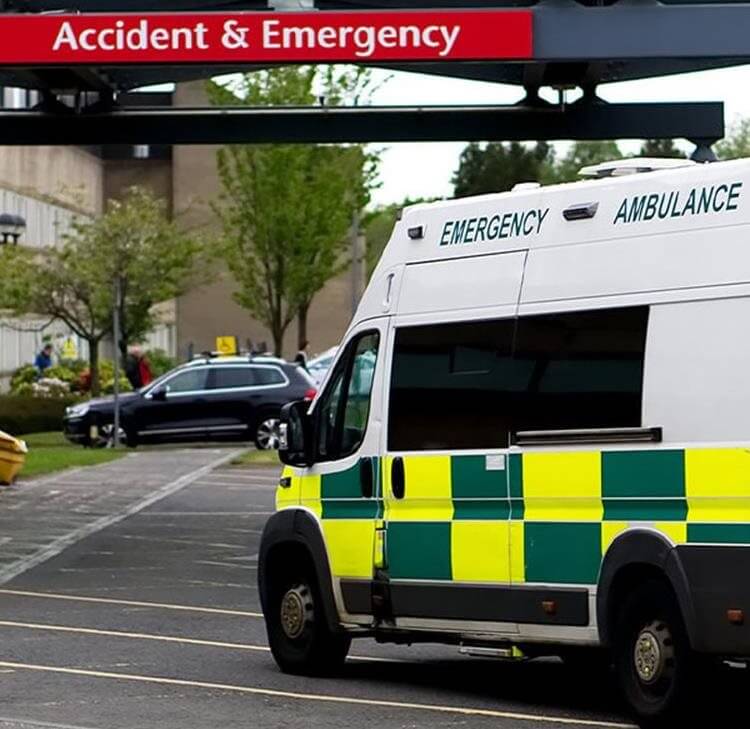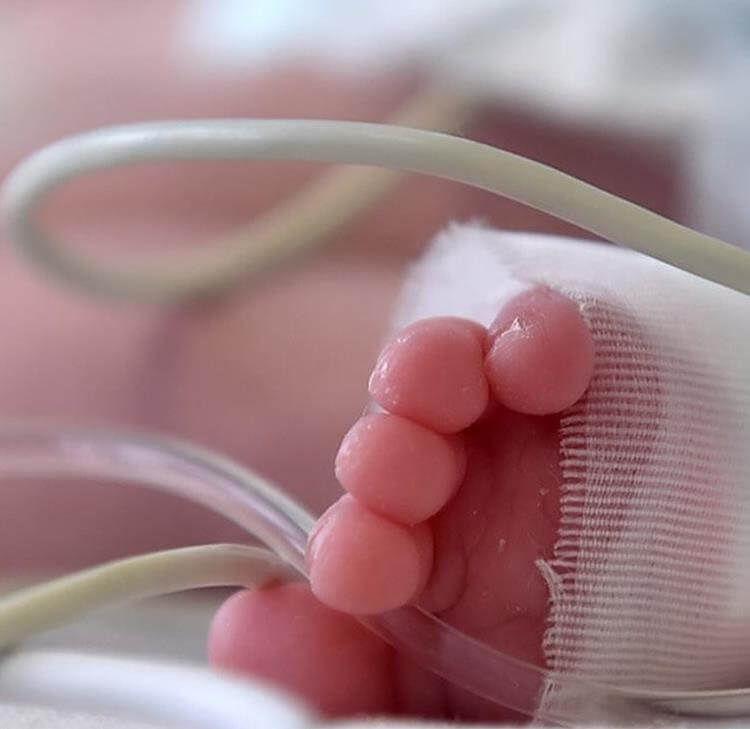From 22 February 2024 parents who have lost a baby before 24 weeks of pregnancy in England can apply for a ‘baby loss certificate’. Millions of families will now receive recognition not only that their baby existed, but also of their bereavement.
Certain criteria apply:
- The pregnancy must have ended on or after 1 September 2018.
- Applicants must be at least 16 years old.
- Applicants must have lived in England at the time of the loss and be either the parent or surrogate parent to the deceased baby.
The introduction of baby loss certificates reflects the Governments’ acknowledgment of the need for improvement in maternity services in the NHS. The change puts in to action the Department of Health and Social Care’s priorities set out in the Women’s Health Strategy for England and recommendations from the Pregnancy Loss Review (2018).
The scheme reflects the hard work of charities and campaigners for parents who have experienced baby loss and miscarriage, which include Tommy’s, Sands, the Miscarriage Association and the Mariposa Trust. This positive change demonstrates collaborative working between the charities bringing light to these issues and the NHS. On the Government’s website, Kate Brintworth, Chief Midwifery Officer for England- NHS England, said:
“the NHS is improving maternity and neonatal bereavement care across England, including by next month bereavement services will be available in almost every NHS Trust, seven days a week for women and families who sadly experience loss.”
Browne Jacobson endorses every improvement made to NHS maternity services in the UK. We have significant experience conducting sensitive investigations to help resolve concerns and disputes fairly. If you would like further information regarding our services, please visit our Maternity Services Resources Hub.
If we can assist your NHS Trust or healthcare organisation to look at ways to improve patient care, please get in touch.
Discover more
Related expertise
You may be interested in...
Legal Update
Transforming maternity care: National expansion of the ABC programme to protect newborns
Opinion
Maternal Mental Health Awareness 2025
Legal Update
A new chapter for families: Reflecting on the first month of the introduction of neonatal care leave
Legal Update
Celebrating midwives in England and Wales on International Day of the Midwife
Opinion
Celebrating maternity excellence
Opinion
Antenatal Screening Wales Annual Report 2022-24
Legal Update
The Generation study at UHDB: A pioneering approach to genetic healthcare
Legal Update
Improving maternity care for recent migrant women with language barriers
Legal Update
New rights to Neonatal Care Leave and Pay Act: What do employers need to know
Legal Update
Improving maternity safety: Insights from MNSI’s annual recommendation report
Legal Update
University Hospitals of Derby and Burton NHS Foundation Trust invest in telemetry to improve maternity care and patient experience in labour
Legal Update
Informed consent and caesarean birth: RCOG launches new obstetrics animation
Legal Update
MNSI annual report 2023/24: Key insights and future ambitions for maternity safety
Opinion
Enhancing care for women with ectopic pregnancies: Insights from MBRRACE-UK
Legal Update
DISCERN study published: How to improve discussions with families when things go wrong in maternity care
Opinion
Revolutionising patient care: Innovative kit for instant translation in 240 languages
Opinion
New Government plans for NHS maternity services: What can we expect?
Opinion
New online system streamlines maternity services at The University Hospitals of Derby and Burton NHS Foundation Trust
Opinion
The power of parental touch for babies undergoing painful procedures
Opinion
Newborns born outside of hospitals at higher risk of hypothermia during emergency responses
Opinion
Health Service Journal reports on growing trend of “free birthing”
Legal Update
Introduction of baby loss certificates gives recognition to millions of bereaved families in the UK
Legal Update
Chesterfield Royal Hospital ranked amongst the top Trusts nationally in the 2023 Maternity Survey
Opinion
Coronial investigations of stillbirths - summary of consultation responses
Opinion
BBC investigation finds NHS interpreting service problems contributed to baby deaths and serious brain injuries
Legal Update
The NHS Long Term Workforce Plan 2023
Legal Update
HSIB publishes 'Maternity Investigation Programme: Year in Review 2022/23'
Opinion
Racial disparities in maternity care
Opinion
University Hospital Leicester hold their inaugural Maternity Safety Conference
Opinion
Changes to redundancy protections for employees post-maternity leave
Press Release
Father Christmas comes to University Hospital Coventry and Warwickshire care of Browne Jacobson’s Birmingham Office Community Action Group
Opinion
The Patient Safety Incident Response Framework (PSIRF) and its impact on maternity services
Guide
Mediation guide for Clinicians: What do you need to know and how do you need to prepare
Opinion
Baby Loss Awareness Week
On Saturday 15 October a wave of light swept the internet when thousands of people flooded social media with pictures of candles to remember the babies that they have lost. This event signifies the end of Baby Loss Awareness Week which aims to break the silence that is associated with baby loss in pregnancy and infancy.
Opinion
The impact of COVID-19 on maternal deaths
HSIB published its report on Maternal deaths during the first wave of COVID-19. The report takes a closer look at the impact that COVID-19 had during the initial period of March to May 2020.
Legal Update
The Ockenden Final Report – a blueprint for safe maternity care from ward to Board
The much anticipated final Ockenden report was published on 30 March 2020. The final report sets out the findings of the review into care provided to 1,486 families, and sets out a blueprint for safe maternity care.
On-Demand
Maternity mock inquest - film 1
Consent is often a key issue in obstetric claims and if it is relevant to the facts of the death, its likely to be an area explored by a coroner.
On-Demand
Maternity mock inquest - film 2
This video illustrates some of the issues that can arise when a witness is poorly prepared.
On-Demand
Maternity mock inquest - film 3
This film highlights the importance of creating an open and transparent culture where staff feel able to speak up will help Trusts to identify problematic practise before significant issues arise.
Legal Update
Checklist when preparing for remote participation in an inquest hearing
Lockdown restrictions in March 2020 led to many inquest hearings being postponed. As restrictions eased, Coroners came under increasing pressure to reduce the number of delayed inquest hearings. In June 2020, the Chief Coroner issued Guidance No. 38 to facilitate remote participation in coroner’s inquests.


